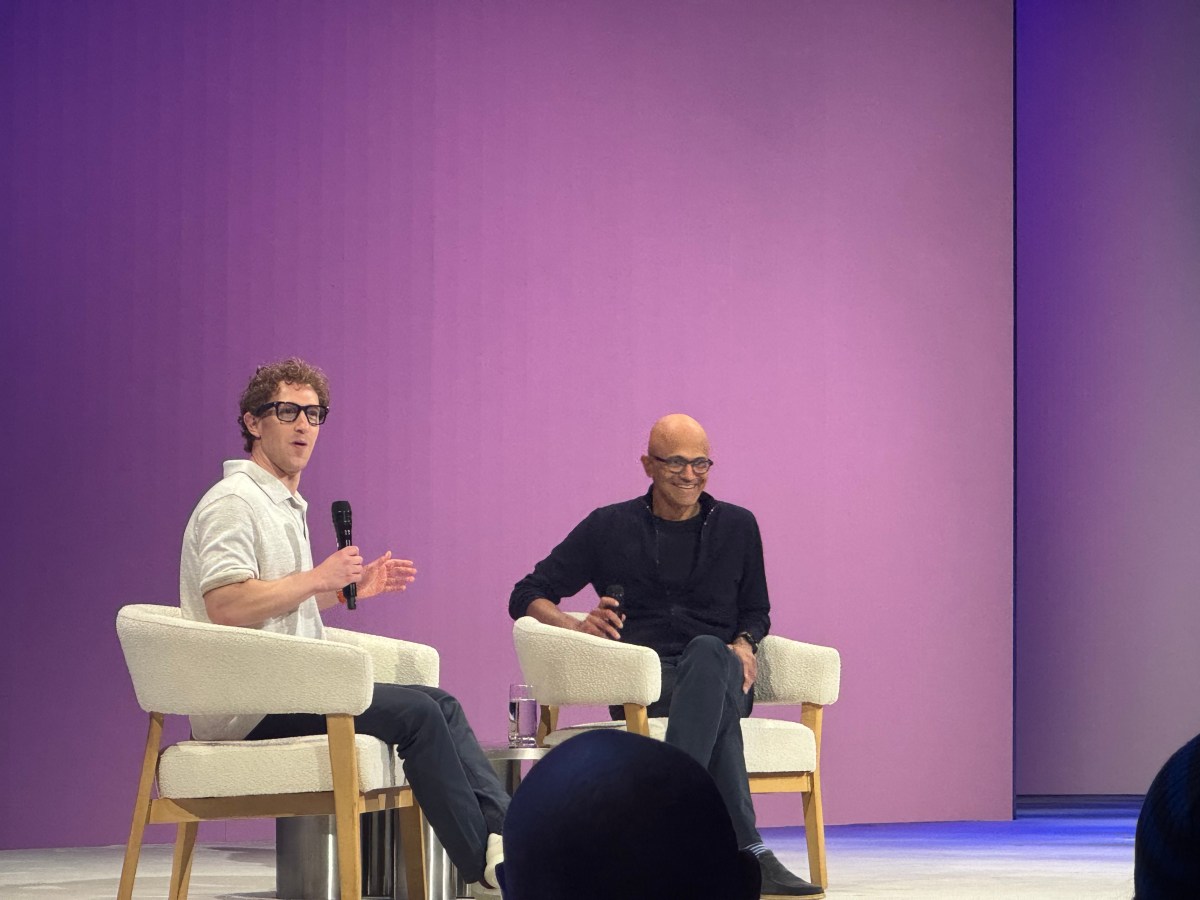AI Revolution at Microsoft: Satya Nadella Reveals Coding Transformation

In a groundbreaking revelation, Microsoft's CEO Satya Nadella has shed light on the company's rapidly evolving approach to software development. During a recent discussion, Nadella disclosed that an impressive 20% to 30% of code within Microsoft's repositories is now being generated by artificial intelligence, marking a significant milestone in the tech industry's AI transformation.
This remarkable statistic underscores Microsoft's commitment to leveraging cutting-edge AI technologies to streamline and enhance software development processes. By embracing AI-powered code generation, the company is not just improving efficiency but also pushing the boundaries of what's possible in software engineering.
Nadella's statement reflects the growing trend of AI integration in tech workflows, highlighting how machine learning and advanced algorithms are becoming increasingly sophisticated in understanding and creating complex code structures. This shift represents a potential revolution in how software is conceptualized, written, and maintained.
As AI continues to advance, Microsoft's approach provides a glimpse into the future of software development, where human creativity and artificial intelligence work hand in hand to drive innovation and solve increasingly complex technological challenges.
